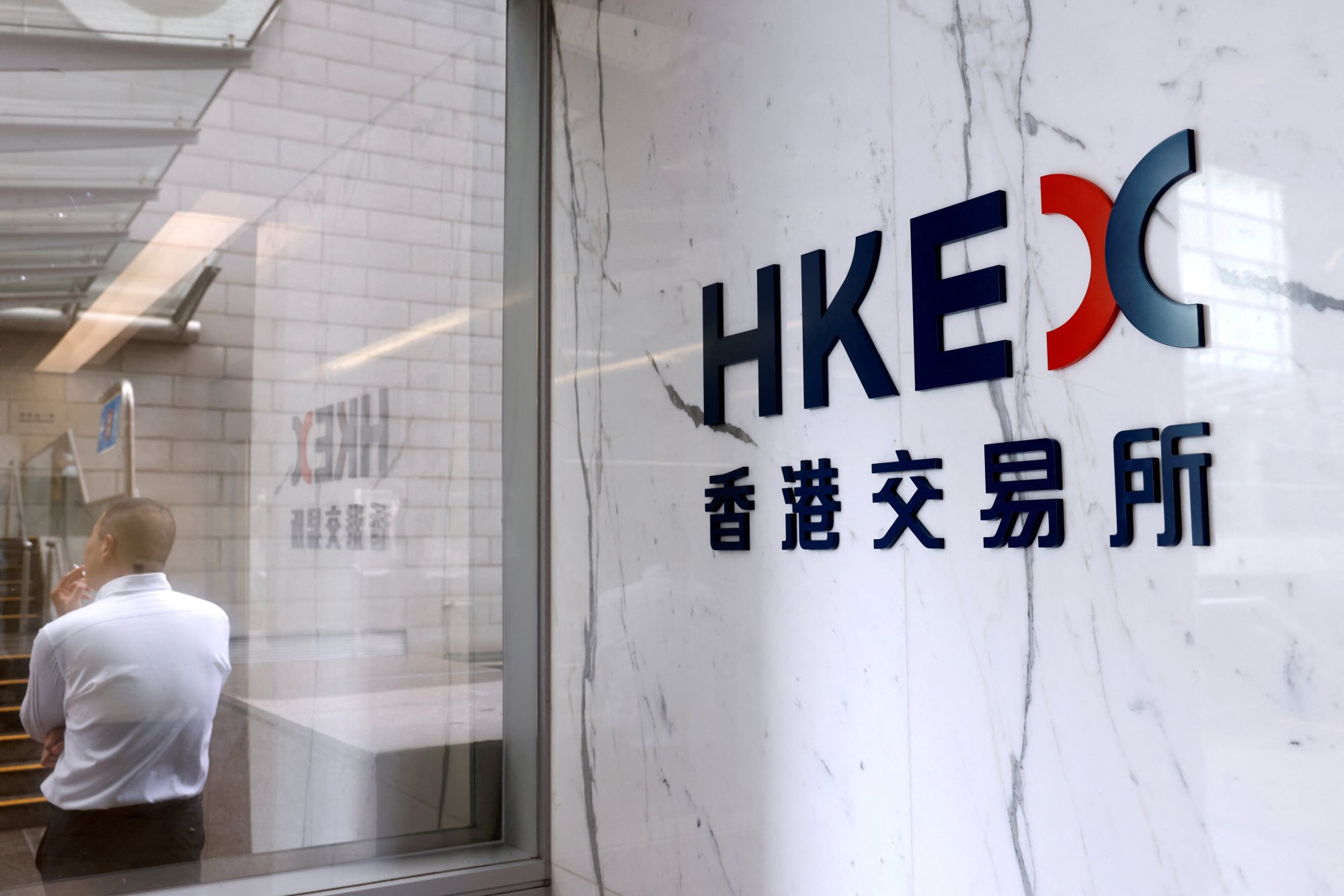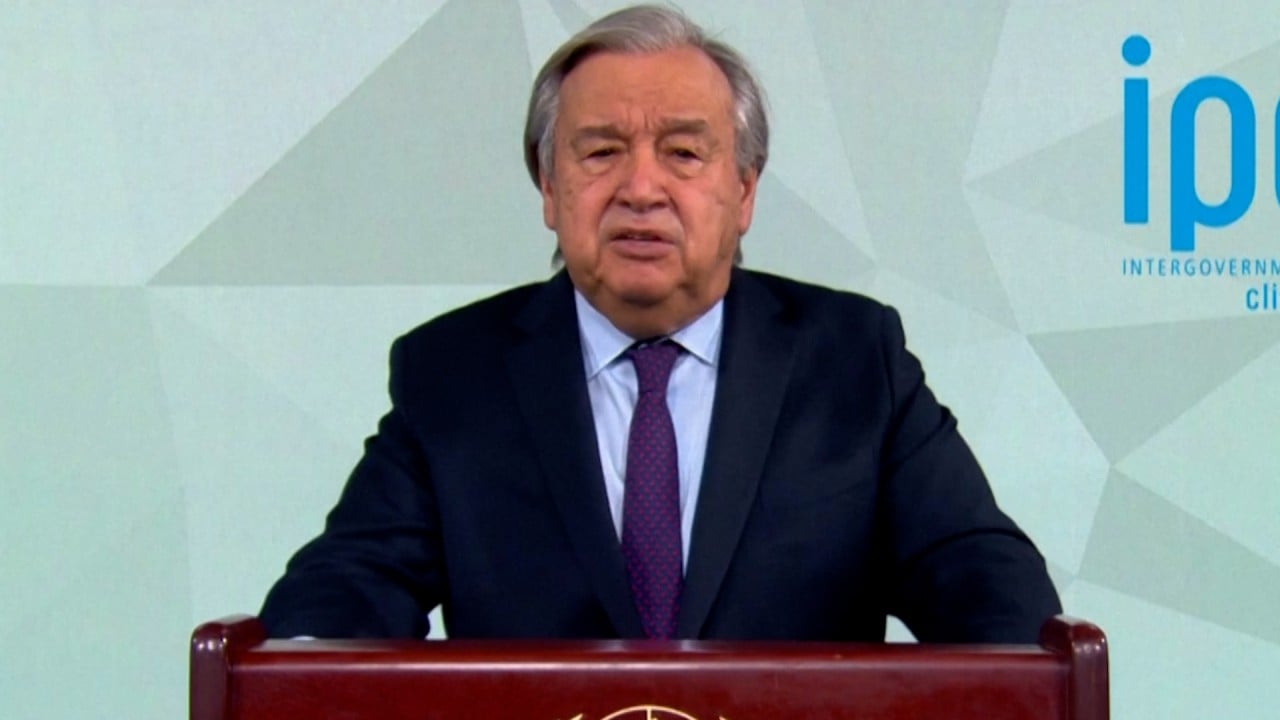
Climate change: Hong Kong-listed companies at risk of failing to meet more stringent emissions-reporting rules, PwC says
- Only a quarter of listed companies have made voluntary emissions disclosures that are set to be mandatory from next year, PwC survey says
- Only 2 per cent of the 300 companies studied have disclosed the value or percentage of their assets exposed to climate risks and opportunities
Hong Kong-listed companies must step up their preparedness for more challenging climate-related reporting requirements set to be phased in starting next year, according to audit and consulting firm PwC.
“Given the relatively large accounting work for scope 3 emissions and the relatively weak accounting foundation, as well as challenges in the integrity and quality of the data collected, listed companies are advised to start the preparation as soon as possible,” Kanus Yue, sustainability disclosure and consulting lead partner at PwC China, said on Thursday.

Current rules only require disclosure of scope 1 emissions directly from companies’ own facilities and scope 2 emissions arising from bought energy. Over 99 per cent of the companies studied have met these requirements.
A challenge with tracking scope 3 emissions is that many suppliers are unlisted and not obliged to disclose their emissions. Some large listed firms have already required their suppliers to do so and helped them accomplish the task, Yue said.
The final version of the rules change will be announced later this year and will take effect at the start of next year.
Overall, ESG disclosure rates in the 2022 financial year surpassed 90 per cent in the vast majority of the policies and key performance indicators required among the 300 firms, said Cyrus Cheung, PwC Hong Kong sustainability disclosure and consulting partner.
Still, more challenging tasks await.
“It will be challenging given they will have to put values on the potential impact on assets and operations, which requires them to incorporate in their projections climate scientists’ forecasted severity and frequency of extreme climate events under various global warming scenarios.”
Only 2 per cent of the 300 companies studied have disclosed the value or percentage of their assets that are exposed to climate risks and opportunities, and only 6 per cent made public the capital outlays and financing required to mitigate these risks and exploit these opportunities.
Meeting regulatory requirements is only the minimum for companies, while striving to outperform their peers is what they should aim for, Yue said.
How to tackle the public backlash against the green transition
“Users of ESG disclosures, including shareholders, potential investors, financiers, rating agencies, and prospective employees, are increasingly taking [disclosures] into account when making investment, financing and employment decisions,” she said.
There is plenty of room for improvement for Hong Kong companies on longer term climate-related planning, quality assurance of their disclosures and incentives for ESG improvement, according to the study.
Only 29 per cent of the 300 firms have devised climate transition plans, while only 8 per cent have considered their resilience under different climate scenarios.
Some 21 per cent of the 300 firms have engaged external auditors to provide some level of assurance on their ESG reports, while 8 per cent have policies that link management pay and climate-related performance.
Given companies in different sectors face different ESG issues, identifying the most relevant issues is crucial, said John Haffner, deputy director of sustainability at Hang Lung Properties.
Green banks: financial institutions called on to make net zero their mission
“[Companies] need to take a materiality approach – prioritise what matters to your business,” he said during a panel discussion on sustainable investing at the Fashion Summit (HK) forum on Thursday. “If you’re in the fashion or textiles business, you can look at other leading sustainability reports to get indications of what matters.”



